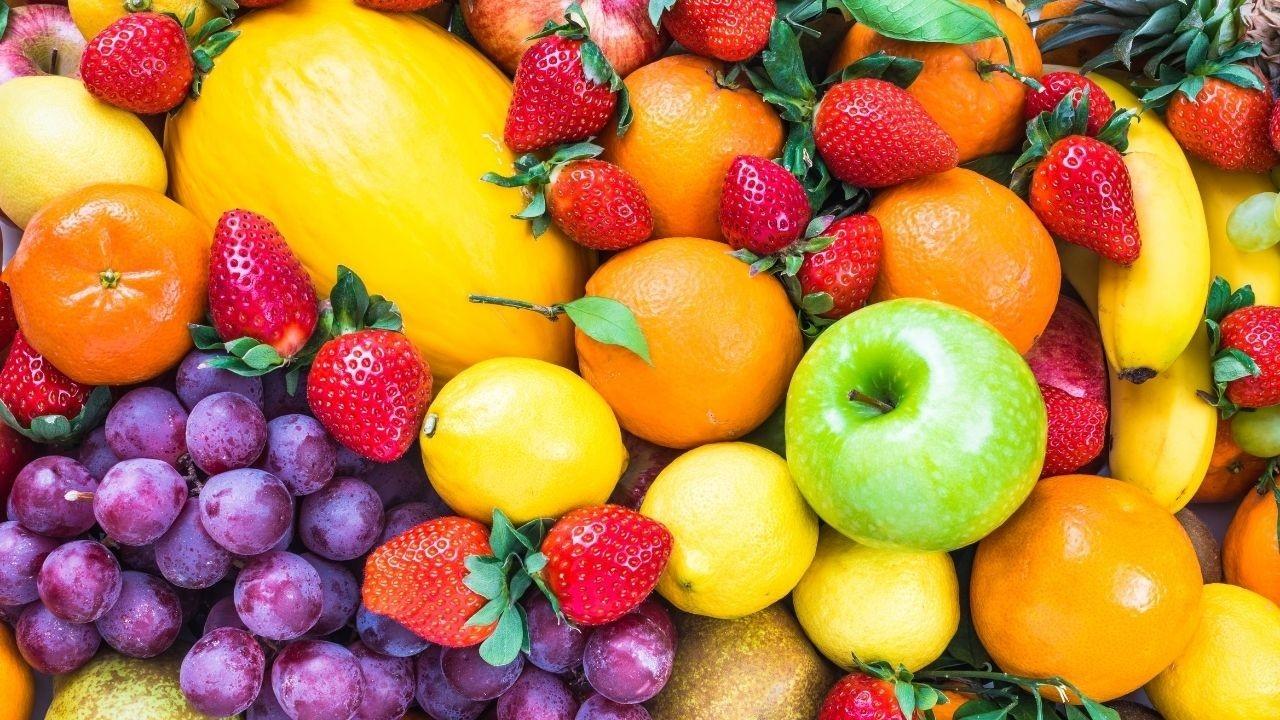Nutrition Truth or Myth?

The health and fitness industry is filled with countless opinions presented as fact. Google anything fat loss related and you can find some seriously fiery debates claiming to be Truth with a capital T.
The thing to understand is this:
While there are certain scientific facts that can’t be argued with (ie eat less calories than you burn and you’ll lose fat, eat more and you’ll gain), the process used to achieve your goals comes down to what works for you: what methods lead to the best results and, most importantly, what’s sustainable for you.
Let’s look at a few of the most often debated topics when it comes to nutrition and shed some light on which ones are true and which are myths, so you can make informed choices on your personal journey:
1. Fruit contains sugar and should be avoided.
The truth to this is that fruit does contain sugar. Quite a bit of it at that. But let’s think about this logically: Have you ever met someone who struggles with obesity because of cantaloupe?
Highly unlikely.
Fruit does not make you fat. What causes weight gain is eating more calories than you burn each day, whether those calories come from donuts, pizza, or bananas.
The sugar fruit contains is natural, not processed. While it is still sugar and should be taken into account as part of your carb intake, the fruit is nutrient-dense and a fantastic source of healthy carbs.
2. “I’m not eating any carbs, just fruits and vegetables.”
<Face palm>
Life hack: If you see a meal plan or talk to a dietician who tells you to cut out any entire food group, politely smile, shake their hand, say thank you…and run.
If you see a meal plan or talk to a dietician who tells you to cut out carbs, but eat all the fruits and vegetables you want, skip the formalities and just run.
Cutting out healthy carbs but “allowing” fruits and vegetables makes as much sense as turning down sausage because you don’t eat pork ...and eating bacon instead.
Fruits and vegetables are carbs...and they contain vitamins and minerals (micronutrients) not found in every carb source, so they are always recommended as part of a balanced meal plan.
3. Protein shakes build muscles.
The supplement industry is a multi-billion dollar industry, much of which is due to sneaky marketing. And much of that marketing is focused on supplements.
While we could go on and on about the lack of regulation when it comes to supplements, that's for another post. For now, it's important to simply understand this:
Protein shakes are called supplements because they do just that: supplement-add to-your diet. Most of your protein should come from the foods you eat. Protein shakes are an added boost when you need to get more protein than what you're getting from your daily diet.
Drinking protein shakes will not magically give you big muscles. Eating right for your goals and lifting weights will. Protein shakes are there to help you meet your protein intake goals when you're not getting enough from the food you eat.
